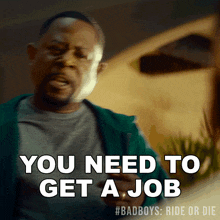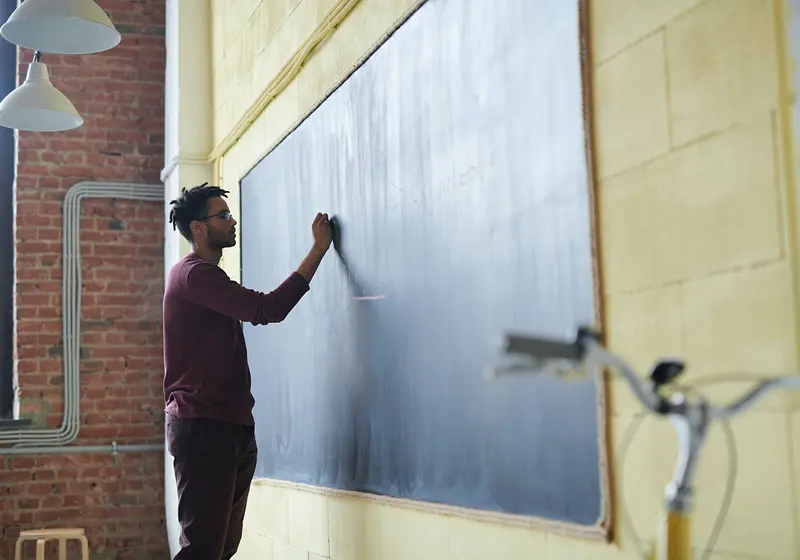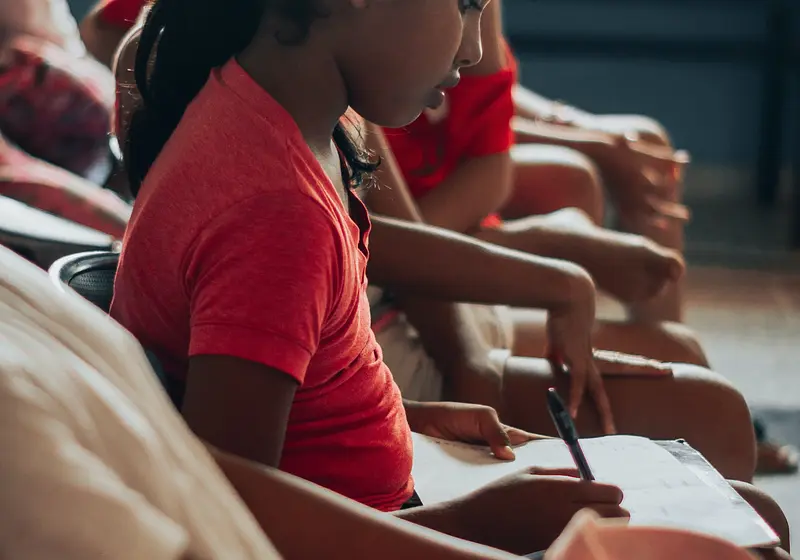The night before a big exam or test, we're sitting there questioning our entire existence. We've fallen into the never ending loop of assignments followed by deadlines followed by exams, and then it starts all over again. Am I improving?
Am I developing? Is school about learning, or is it now about passing?

Photo by Dziana Hasanbekava from Pexels
Let us slide into your dms 🥰
Get notified of top trending articles like this one every week! (we won't spam you)Our attachment to grades
Our drive to learn is getting an A or having a perfect report card. While these motivations technically do steer us towards our bigger goal, they overshadow the main objective of the learning process- TO LEARN!
We are so obsessed with those tiny little letters that we forget the real reason we're in school in the first place, is to expand our knowledge. We stuff our brains to the max with information (that we forget a few days later anyways) just to get that A.
To be realistic, this is how the system works, and if you don't follow it you get left behind. But there's one thing we're forgetting. We need to learn and understand. We need to develop new perspectives, ideas, opinions, and thought processes, not memorize information just to get a decent grade.
Take the Quiz: What Type of Notes Should I Take?
Discover the best note-taking method for your learning style!
The test of our limits
EXAMS(dun-dun-dunnnn!). You'd be lying if you've never cursed the person who invented this concept. According to Google, exams were invented in the late 1800s by an American businessman named Henry Fischel. Henry, the students send our love!
It's not fair to say exams are completely inefficient. Technically, they measure your ability to remember the content you've learned. The problem is, THAT'S ALL THEY DO.
Test your memory. Not your understanding, or your problem solving skills, or your critical thinking, or your creativity and innovation. They cause stress and anxiety before, during and after. The seriousness of impending tests gives students the urge to cheat as they feel their self-worth or future is determined by how well they do on an exam. They don't test necessary practical skills, and in the process completely deviate from the purpose of learning.
Keep in mind that your mental ability is not based on how well you do on your exams. Focus on your all-round development so you can become a better person in every way possible!

Photo by F1 Digitals from Pixabay
The generic curriculum
The curriculum that schools teach varies from country to country, so it's not possible to make a generalization. However, generally it seems like curriculums are way too generic at the school level.
They force students to choose a specific set of subjects. It does not allow us to zero in on our strengths so we can excel at whatever we choose.
Let's take an example. If you're good at biology, but also at accounts, there are very few combinations available that allows you to choose both. You often have to choose just one which results in a combination of subjects which you are mostly uninterested in.
In this case, education becomes a burden. You're not studying what you love but rather being forced to study subjects that have zero appeal to you. This makes education lose its real value.

Photo by Lewis Keegan from Unsplash
Unhealthy competition
Healthy competition is good. But when millions of students compete for a single university spot or internship, it makes the end goal more important than your growth and learning.
The pursuit of high marks to secure a spot can overshadow the deep understanding of subjects and practical skills.
The curriculum narrows which can lead to the neglect of so called “unimportant” subjects. These subjects help expand knowledge and interests, but are sadly being sacrificed to win the race. Focus on beating the competition limits opportunities for personal growth, creativity, and the development of unique talents which prevents us from exploring our individual passions and interests and hence learning more.
It's a business
Education is now a business. Profit driven and competitive. When education is a commodity, the focus shifts from learning to maximising profits which compromises the effectiveness of educational programs.
Commercialisation of education ends up focusing on immediate marketable abilities, at the expense of long-term personal growth and a holistic education. Education's deeper goals, like expanding knowledge and gaining new perspectives are ignored to meet the demands of the current job market. This limits creativity and innovative thinking. It's not about learning anymore, it's about finding a place in the generic mainstream of society.

Photo by Gerd Altmann from Pixabay
The skill gap
The skill gap occurs when the stuff taught in schools does not match the requirements of the work environment. As technology continues to advance, there is a growing gap between the skills students acquire in traditional educational settings and the technological skills demanded by the job market.
Soft skills such as communication, critical thinking, problem-solving, teamwork, and adaptability (which are more important than theoretical knowledge!) are hardly taught. Things like financial literacy, social media literacy, self defence and decision-making which are of day-to-day use in the real world are totally neglected. Students fail to learn the REAL knowledge that comes of REAL use to them.
A better system
No system is flawless. But a few things every system can include to make it more accessible and useful are:
- Emphasis on practical and problem solving skills: This helps students how to learn to apply things they have learnt in real-life situations. Internships and community services can be useful.
- Change the exam system: Rather than standardised tests, tests should include a wider scope of skills like creativity, communication and critical thinking so as to refocus the importance of education on learning.
- Redesign the curriculum: Students should be allowed to choose subjects based on their strengths and interests instead of generalising them. The curriculum should also include creative, technological and communication skill-based learning.
- Increased opportunities: More university spots and job openings can be opened up so that the intensity of competition decreases. Students are no longer caught up in the rat race of education, and can genuinely learn and understand.

Photo by Hannah Busing from Unsplash
In a nutshell
At the moment, education is hardly about learning. It's more about grades, exams, profits and boring subjects than growing, developing, and expanding your thought processes and perspectives.
It's not ideal(at all!) but unfortunately, we cannot overturn the system completely. What we can do is make some changes for a holistic and well rounded education.
Most importantly, keep in mind the real meaning of education. Try not to get too caught up in the frenzy of grades and exams, as education is so much more than any of those things. It's about learning and becoming a better individual.













.jpg)




